Kelly Rennie - International Trainer, Author and Mum
Busy Mum Home Weight Loss System
MEMBERSHIP PLANS
FROM $6.25 PER WEEK
12 Week Training & Nutrition Programs
6, 12, 24 Min Home Workouts
Pilates, Home Weights, Home HIIT
Cellulite, Metabolism & Hormone Guides
Mindset & Education
Facebook Group & Support
Upgrade VIP 1-1

6, 12, 24 Min Home Workouts
Nutrition / Family Friendly
Fat Loss At Home
2000 Community
Why Choose Us?
12 Years - 20,000 Mums Through Our Programs
Guaranteed Results
1500 Workouts
4 Real Trainers
1-1 Coaching Upgrade Available
PLANS
EXERCISE PLAN
Workouts Only
$6.25
for 1 week
Includes 1500 Workouts, 6 / 12 / 24 minute Busy Mum Workouts. Advanced HIIT, Pilates & DB Home Training
HOME PLAN
Workouts Only
$6.25
for 1 week
Includes 1500 Workouts, 6 / 12 / 24 minute Busy Mum Workouts. Advanced HIIT, Pilates & DB Home Training
EXERCISE & NUTRITION PLAN
Workouts / Meal Plans
$10
for 1 week
Includes 1500 Workouts, 6 / 12 / 24 minute Busy Mum Workouts. Advanced HIIT, Pilates & DB Home Training.
Weekly Meal Plans, Recipes, Education - Vegetarian & Indian Options (no vegan) Support Group
Minimum 12 Weeks
VIP 1:1 PLAN
Workouts / Nutrition
VIP 1-1 Coaching
$55
for 1 Week
Coaching - 3 Module Home/Gym Workouts
1-1 Weekly private coaching via messenger/emails
Weekly Meal Plans, Recipes, Education - Vegetarian & Indian Options (no vegan)
VIP Small Group Support
Minimum 12 weeks
Train At Home, Anytime

Train Anywhere, Anytime
OUR RESULTS
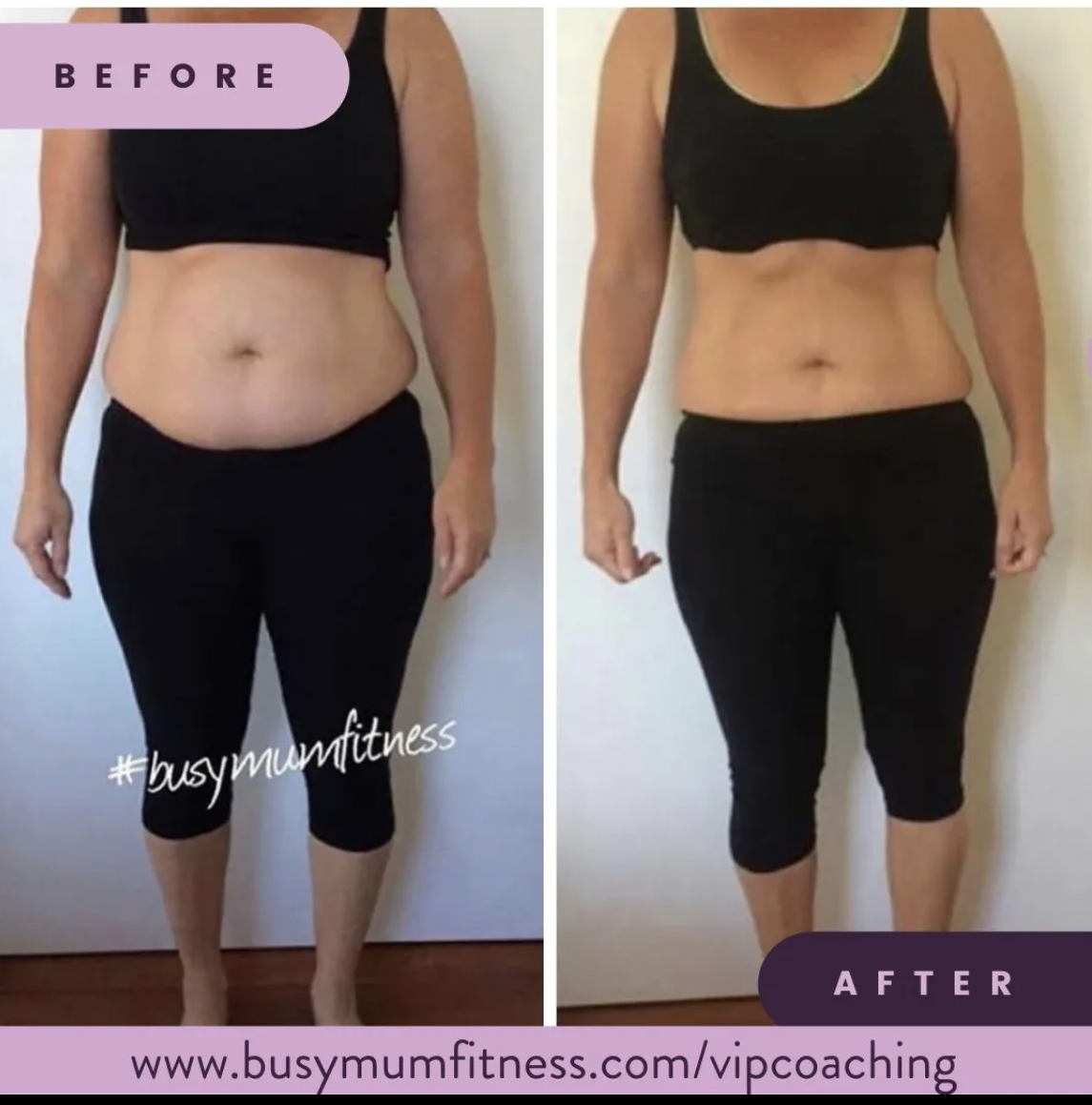
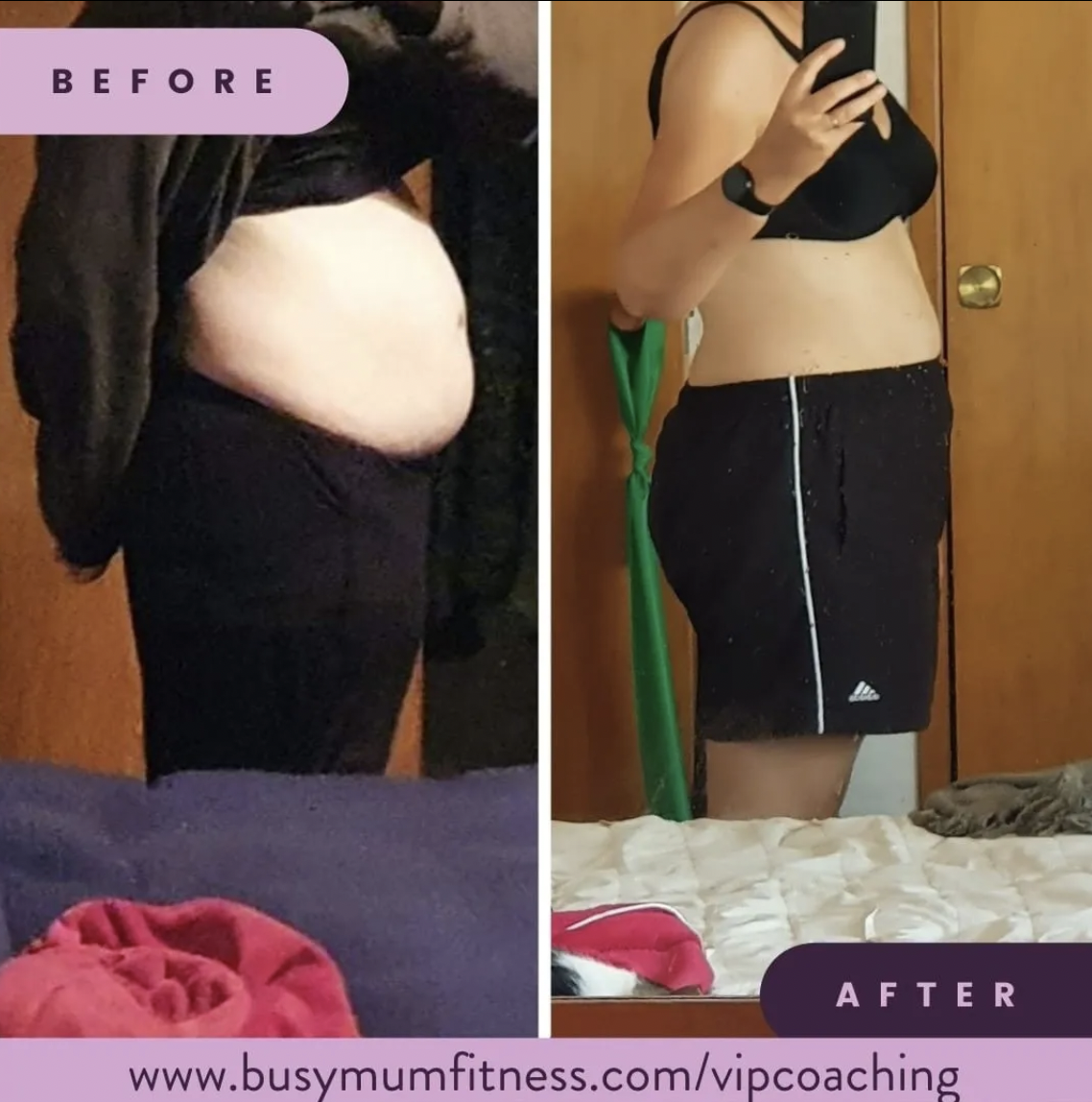
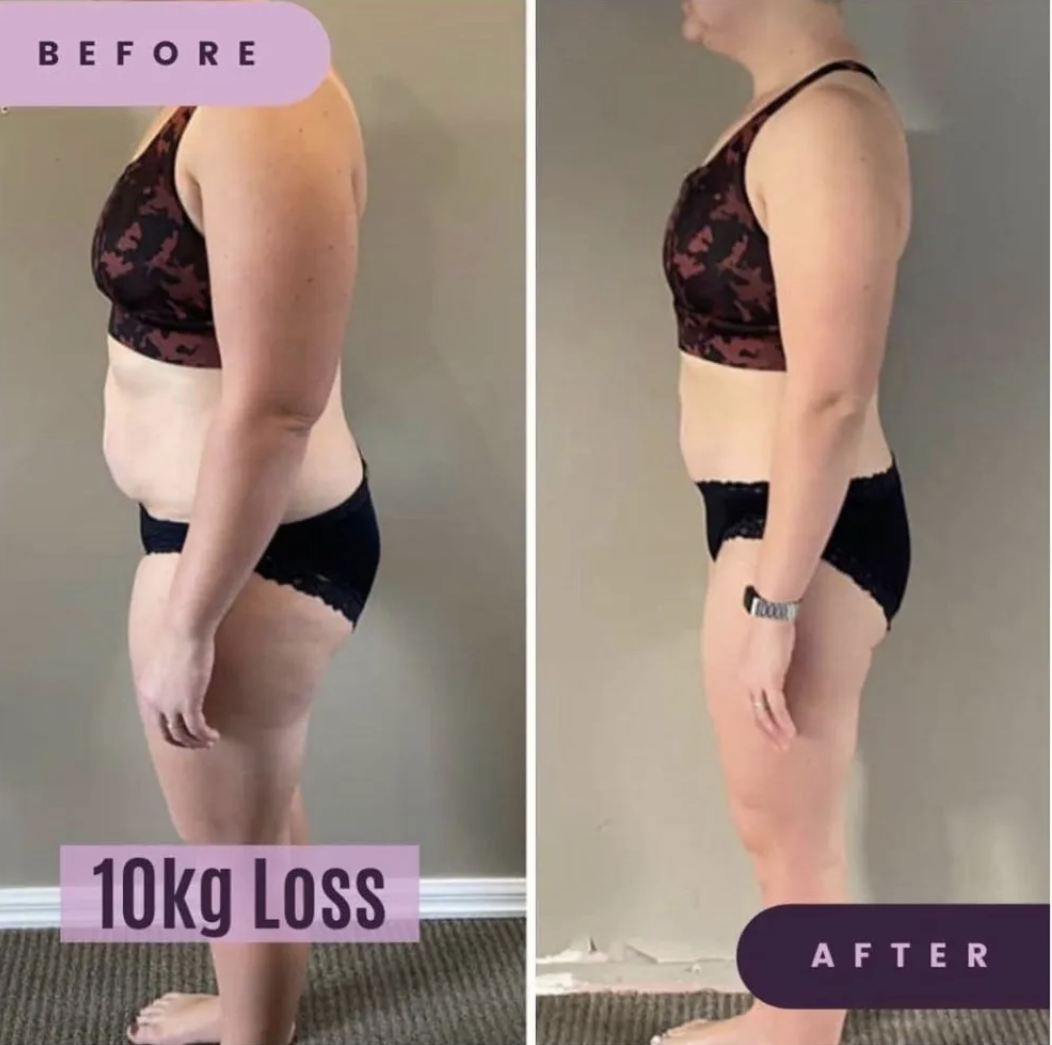
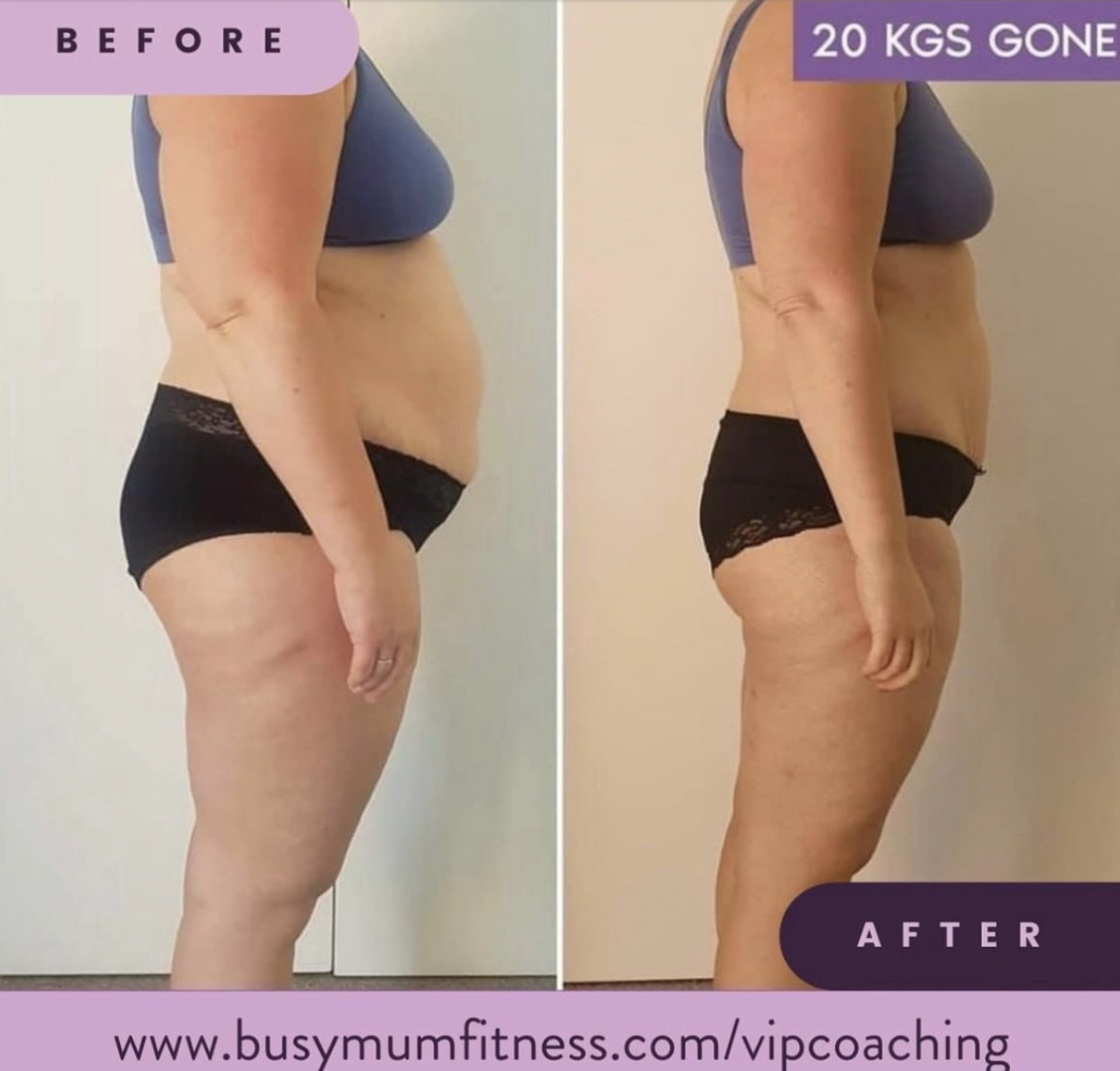
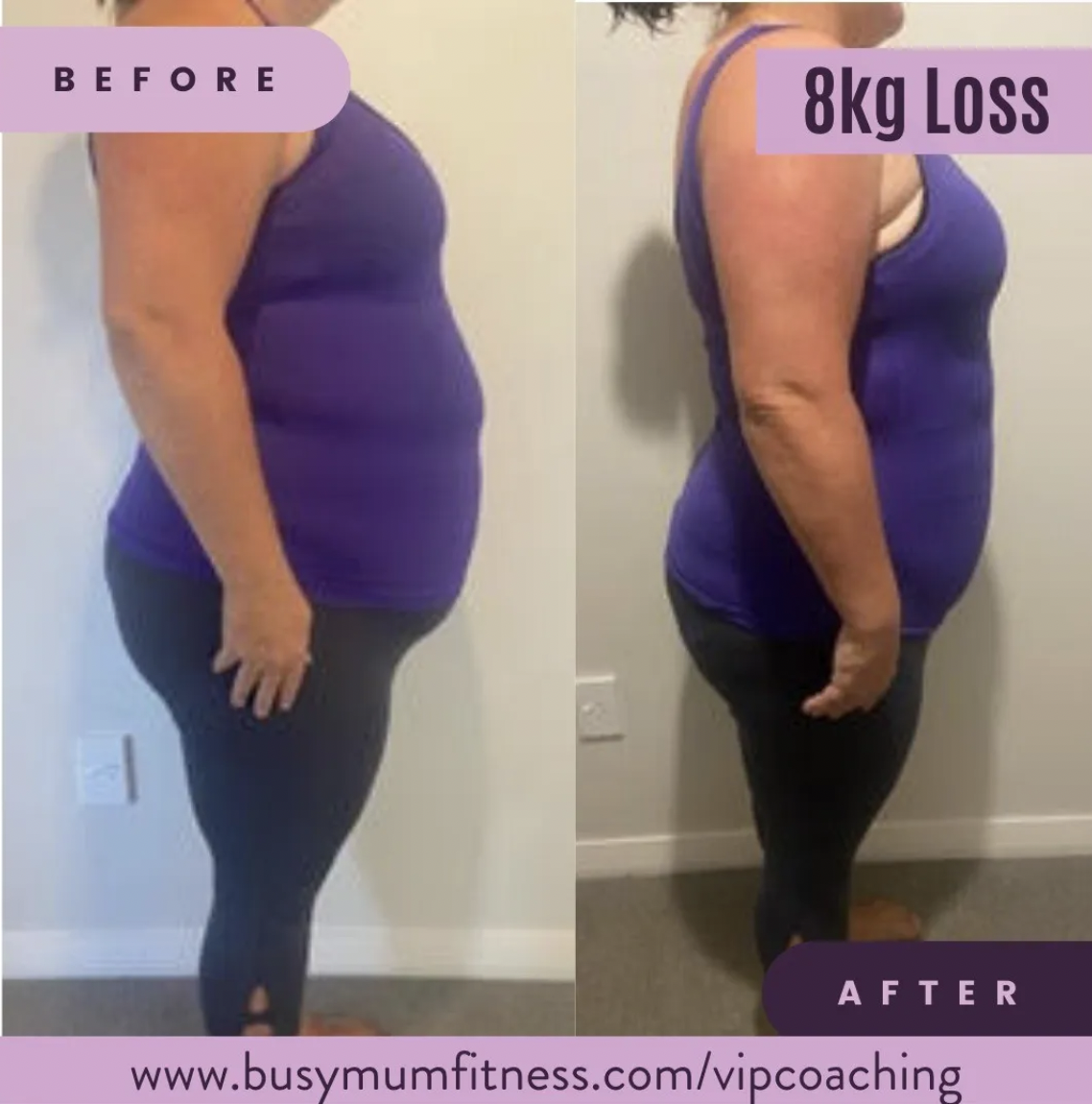
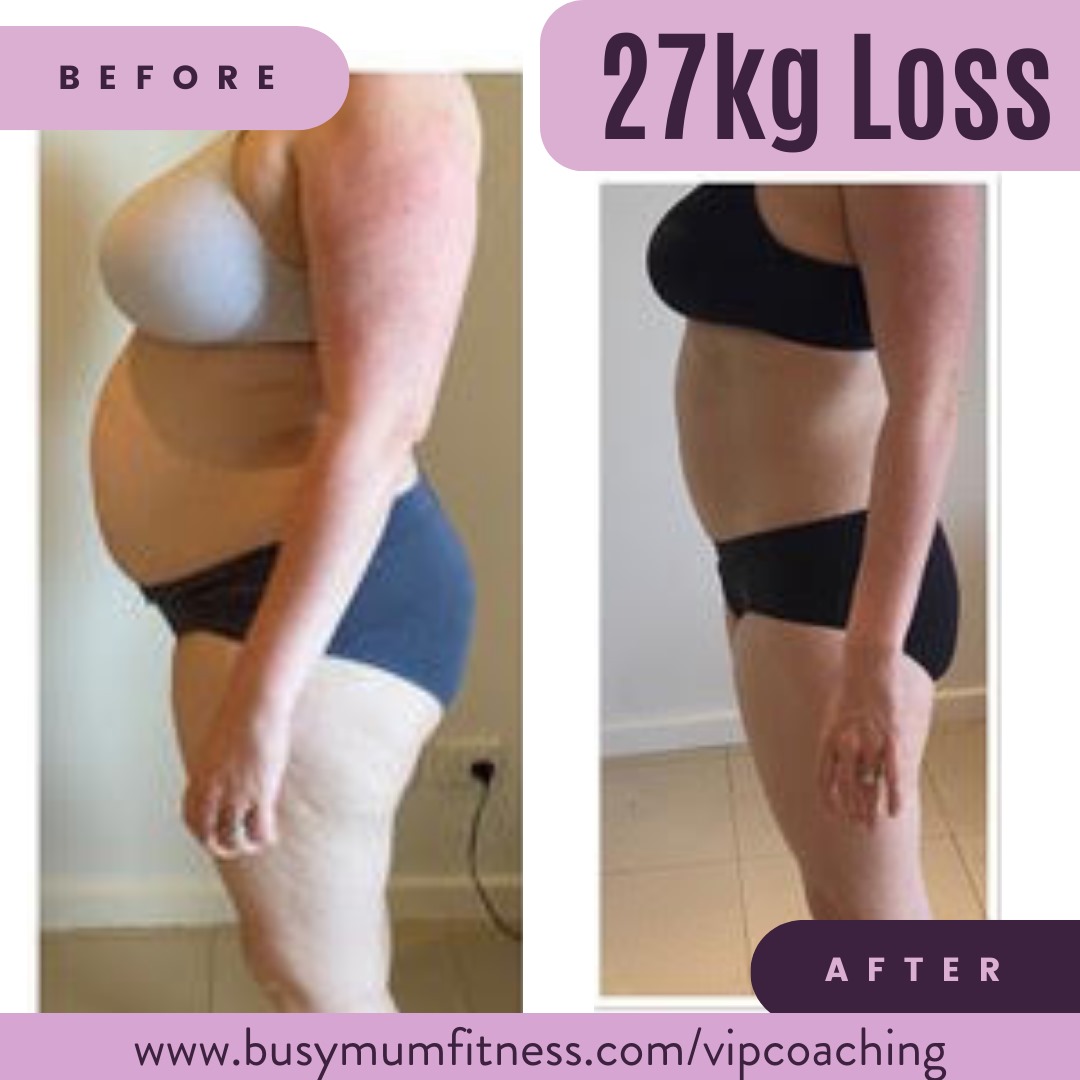
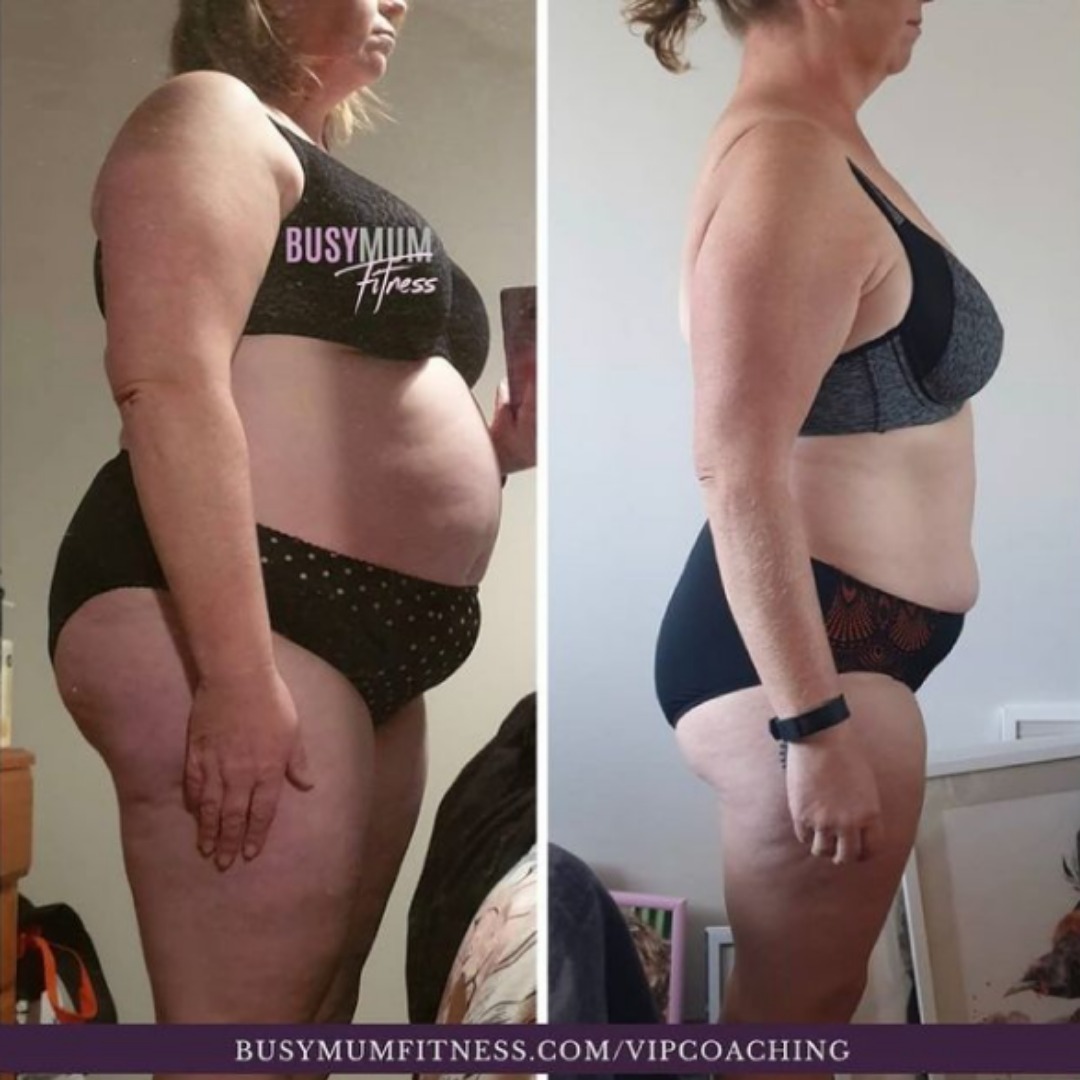
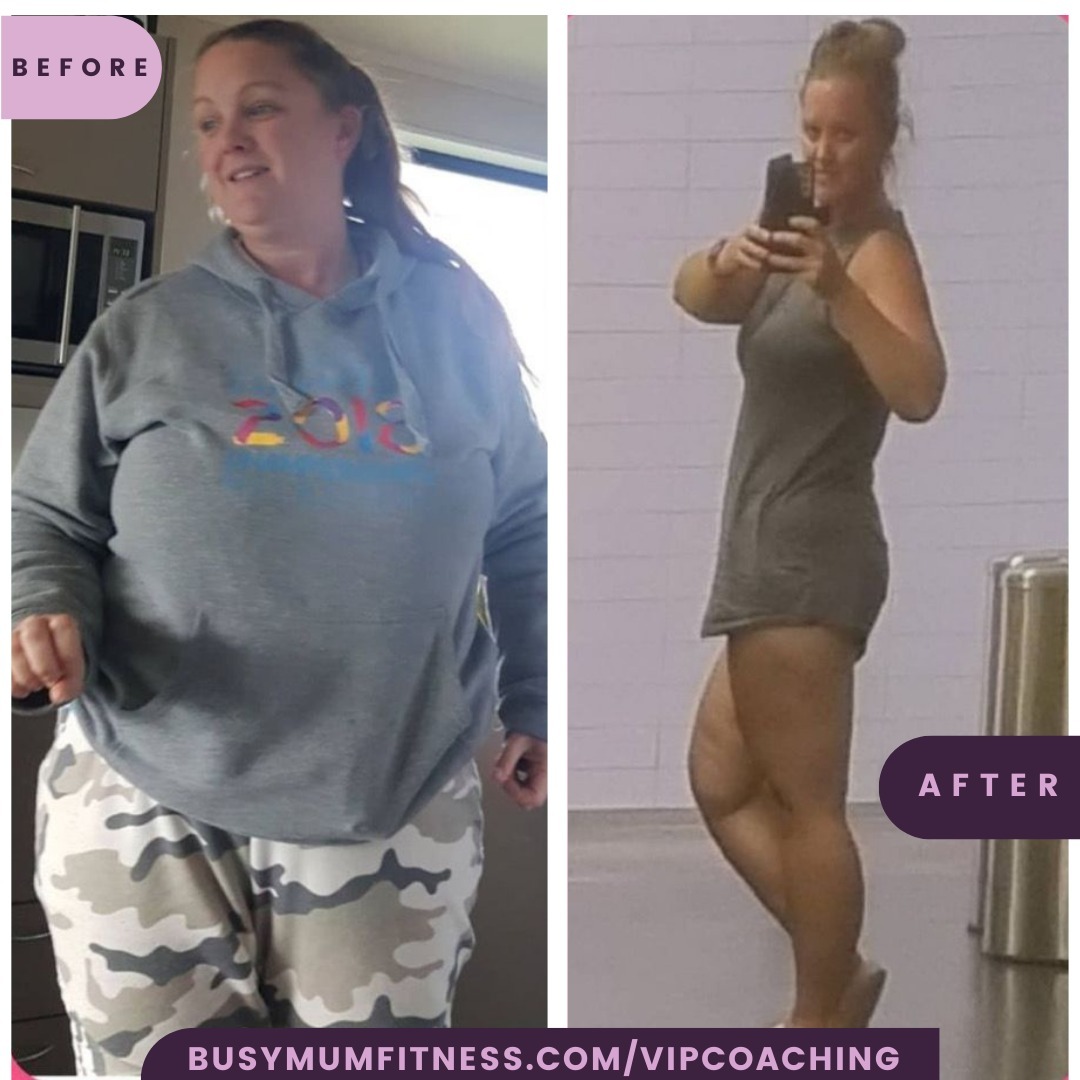
Frequently Asked Questions
WHEN WILL I RECEIVE ACCESS TO THE PROGRAM?
You will get access to the program via email when you purchase. Please check your junk mail/spam if you cannot see it in your inbox.
WHAT EQUIPMENT DO I NEED?
You do not need any equipment, however you can add in Dumbbells or home weights if you would like to progress..
WHAT DOES THE TRAINING DAYS LOOK LIKE??
You can mix around the training days to suit you. Normally we do 3 x 24minute workouts and 3 x 6minute. Example Monday, Wednesday and Friday 24min with the days in between 6min. Or if you are busy do 12 minute workouts.
WHEN CAN I START THE PROGRAM OR CAN I START AT LATER DATE?
You can start whenever it suits you.
HOW LONG DO I HAVE ACCESS FOR?
Until you stop your membership. Please email [email protected] 24 hours before your membership renews and we will cancel. If your payment goes through we will not refund.
DO YOU HAVE A VEGAN MEAL PLAN?
No, we do not have a vegan meal plan. We do have a normal, vegetarian and Indian based meal plan.
JOIN OUR COMMUNITY
Sign up to be notified about new Programs, Challenges,
recipes and all the good stuff in between.

CONNECT WITH US
Copyright © Busy Mum Fitness